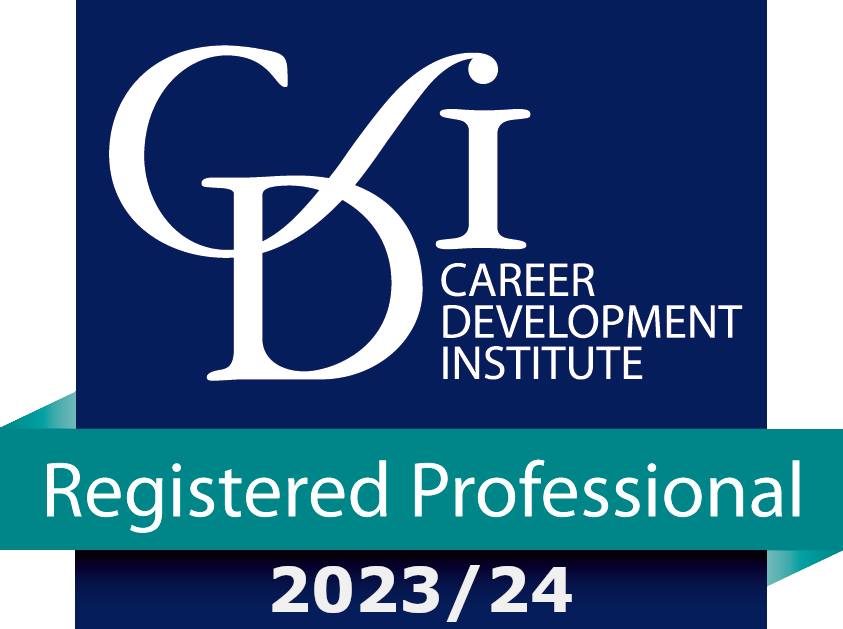CEIAG for Headteachers, Governors and SLT
- DFE Report on Strategies to raise Aspirations in Pupil Premium students.
DFE Report on Strategies to raise Aspirations in Pupil Premium students.
Tuesday 18th February 2014
The DFE last month published a report School and College-level Strategies to Raise Aspirations of High-achieving Disadvantaged Pupils to Pursue Higher Education Investigation.
The report is the clearest indicator yet that the DFE are realising the effect of placing the onus of providing CEIAG with schools and reiterates the central core of a good CEIAG system. It also provides a good starting point for a school to consider the use of it’s Pupil Premium funding.
Highlights of the report
The purpose of the research/report is:-
- investigate the strategies used by schools and colleges to support high-achieving disadvantaged pupils in different year groups to pursue Higher Education and, in particular, to apply to Russell Group universities
>provide evidence on the extent to which high-achieving disadvantaged pupils are already supported in schools and colleges and identify best practice and where support could be improved
- assess whether the Pupil Premium is being used by schools and colleges to support these activities.
The report points out, as most teachers will understand, that low aspirations are not the problem – the issue is those aspirations becoming realised.
(1) the report continues to suggest that the focus moves from raising aspirations to providing the skill set necessary to identify and achieve ambitions.
(2) This is where my jaw hit the floor. The DFE is backing the need for information and support. The very thing Gove has done his utmost to ensure pupils don’t have access to.
The report goes on to make a number of recommendations to improve the situation in individual schools:-
- A whole institution culture of raising aspirations.
- A combination of universal and targeted approaches to raising aspirations to ensure both inclusivity but also the most appropriate advice/support to meet students’ needs.
- Specialist, knowledgeable staff, including trained careers officers, with specific responsibility for HE access.
- A well organised programme of activities embedded in an ethos of high expectations.
- Early interventions, lower down the school (including from KS3).
- Advice and support on applications and subject choice.
- Information about the HE system and different types of HE Institutions to ‘de-mystify’ HE.
- Information and guidance on financial issues for both students and parents at an early stage. Sessions need to address not only issues of fees, loans, etc., but also broader concerns about living costs and the potential risks and returns of attending higher education.
- Immersive experiences of university, including trips to universities, residential and summer schools – these were very highly rated by students and staff and used most often by the boost schools in the survey. Key aspects of their effective delivery were good organisation and liaison between schools and colleges, and the host university; subsidised travel to encourage participation particularly amongst disadvantaged students; subject focus where appropriate; inclusive criteria for participation so as to maximise impact across the institution. Making such visits compulsory and a core part of the curriculum should be stressed where students are reluctant to consider HE as a possibility.
- Pro-active work to develop partnerships and links with universities and other external organisations (e.g. IntoUniversity, local employers) that can provide support for aspiration-raising and career development activities.
- Systematic monitoring of applications and destinations, including for disadvantaged students (and by ethnicity, gender as well as FSM/social class) and the use of this to inform aspiration-raising activities.
For supporting the work of schools and
It also goes on to recommend the following for central government:-
- Consider whether FSM is the most appropriate indicator to identify disadvantage. Evidence from this study suggests that the inclusion of other indicators in addition to FSM may better reflect the experiences and practices of schools and colleges.
- Incentivise schools and colleges to monitor and evaluate the success of their aspiration raising strategies and students’ destination data more systematically. Data-sharing so that 11-16 schools also have access to HE applications and destinations data would enable them to more effectively evaluate their work.
- A central point of information/network to support and coordinate aspiration-raising work (such as that provided by AimHigher)
- Funding to support university visits and related activities.
So, if you are a headteacher who wants to be ahead of the rush, I suggest you contact me ASAP to start moving towards providing this support for your Pupil Premium students who need help with their aspirations.
1 Archer, L., S. Hollingworth, et al. (2010). Urban Youth and Schooling: the identities and experiences of educationally ‘at risk’ young people. Buckingham, Open University Press. Carter-Wall, C. and Whitfield, G. (2012) The role of aspirations, attitudes and behaviour in closing the educational attainment gap. York: JRF.
2 Menzies, L (2013) Educational aspirations: how English schools can work with parents to keep them on track JRF Viewpoint





